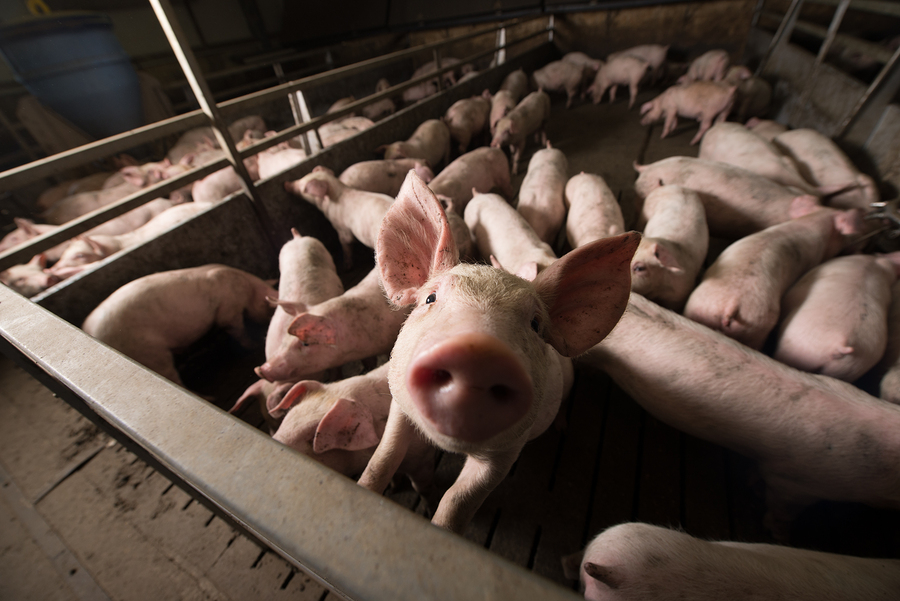
The 2016 Business Benchmark on Farm Animal Welfare (BBFAW) report graded food companies of different sizes, geographies, and sectors on their initiatives to make the supply chain more friendly to animals. While progress is still in its infancy, the report shows opportunities for all food companies and brands — not just premium ones.
Read on to learn where the industry currently stands on animal welfare and how things are improving.
Report overview
BBFAW designed the Benchmark to improve corporate reporting on animal welfare. Companies across the food industry –retail, foodservice, and manufacturing — are scored based on published information only, including annual reports, corporate responsibility reports, FAQs, and other publications available to the public.
Each company is assigned to a “Tier,” reflecting its management commitment and policy, governance and management, leadership and innovation, performance reporting, and performance impact.
| Tier | State of Animal Welfare Initiatives |
| 1 | Leadership |
| 2 | Integral to business strategy |
| 3 | Established but work to be done |
| 4 | Making progress on implementation |
| 5 | On the business agenda but limited evidence of implementation |
| 6 | No evidence that on the business agenda |
Key takeaways
For the 2016 report, BBFAW assessed 99 food companies. Here’s what they found.
- Companies are placing increasing importance on animal welfare. According to the analysis, 87% recognize farm animal welfare as a business issue – up 16% since 2012. Of the 99 companies graded, 13 were in Tiers 1 and 2, and 26 moved up at least one tier.
- Several of today’s top food processors score well on animal welfare. For example, Cargill and Unilever are in Tier 2. Other companies still have some work to do, like Kraft Heinz, which is currently in Tier 6.
- Since the Benchmark began reporting on animal welfare practices five years ago, Tier 1 companies increased from 0 in 2012 to 6 in 2016. In addition, the number of Tier 6 companies – those with no evidence of animal welfare on their agenda – fell from 23 in 2012 to 18 in 2016.
Overall, the report reveals positive trends in the treatment of food animals. Continued improvement in this area will help ensure the long-term sustainability of our food supply.
As McDonald’s VP of Sustainability, Keith Kenny, writes in his foreword:
“As global demand for livestock products continues to increase, and the world seeks to reconcile food production with the ecological limits of the planet, it is incumbent on all of us to ensure that production systems meet both the health and behavioural needs of food animal species. Given the interrelatedness of global supply chains, the industry and key stakeholders will increasingly need to work together to create solutions that work for consumers, producers, businesses, the environment – and of course the millions of farm animals around the world.”






